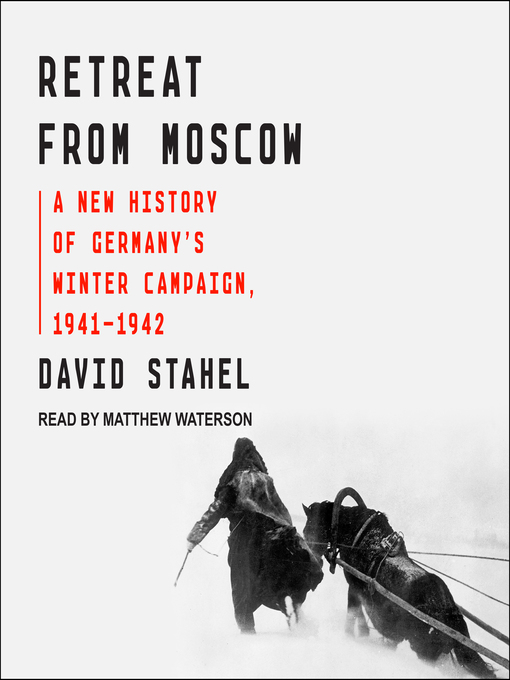- Health & Fitness
- Business, News & Politics
- Celebrity & Pop Culture
- Outdoorsy & Travel
- Food & Cooking Magazines
- Explore Your Inner Artist
- Kids & Teens
- Needlecraft Magazines
- Animal Lovers
- Most Popular Magazines
- Lifestyle
- Home & Garden
- See all
Hitler's new strategic plan called for holding important Russian industrial cities, which the German army would do. And the Soviet plan as of January 1942 aimed for nothing less than the destruction of Army Group Centre, but in fact, not a single German army, corps, or division was ever successfully destroyed. Lacking the professionalism, training, and experience of the Wehrmacht, the Red Army mounted an offensive that attempted to break German lines in countless head-on assaults, which led to far more tactical defeats than victories.
Through journals, memoirs, and wartime correspondence, Stahel takes us into the Wolf's Lair and reveals a German command at war with itself. And through soldiers' diaries and letters home, he paints a rich portrait of life and death on the front, where the men of the Ostheer fight against frostbite as much as they do Soviet artillery.


